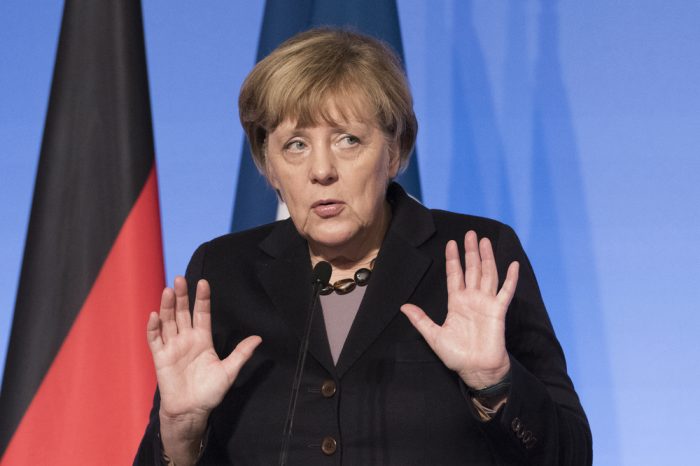France says “non” to treaty change
David Cameron’s aim to renegotiate the UK’s relationship within the EU while remaining a member suffered a blow when François Hollande, the French President, told the Prime Minister he is “obsessed with his own problems”.
Bruno Waterfield, writing in the Daily Telegraph, states that M. Hollande said he will block Mr Cameron’s request for a change to the EU treaty to include a new settlement for Britain in Europe. He told the Prime Minister that he is opposed to amending the EU’s treaty on the grounds that change is not needed and might trigger a referendum in France.
The French President dismissed the British case for renegotiation as a product of Tory political disarray over the rise of Ukip, accusing Mr Cameron of being “obsessed with his own problems”.
The warning came at a meeting of the European Council summit in Brussels. “The price to keep Britain in Europe keeps getting higher and higher. It is now up to the UK to decide,” said a senior French government source. “We will not pay an extra price to keep the UK in the EU.”
European diplomats are expecting Mr Cameron to use the opportunity, if he wins British elections next May, to table demands for a “new settlement for Britain in Europe”.
The Prime Minister’s renegotiation will be hitched to EU treaty changes required to address the Eurozone crisis. It is expected to include an opt-out for Britain on the core principle of “ever-closer union”.
But President Hollande reminded Mr Cameron that any treaty change will need the unanimous agreement of all EU countries, including France.
This blow to Mr Cameron comes as a Foreign Office report published yesterday suggested that the EU is only playing “lip service” to the role of national parliaments and is increasing its grip on everyday life in Britain, and Foreign Office report has found.
The final Balance of Competences review suggests that the EU is guilty of “mission creep” and is imposing an unnecessary burden on British businesses.
The report suggests that controversial EU legislation such as the working time directive, domestic water standards, car safety seats and agency working standards should be handled by Britain.
At an EU summit in June next year, Mr Cameron, if in government, will be asked to make concrete proposals for treaty change by the autumn of 2015 but senior European diplomats warn that Britain’s political capital is low.
“Britain’s political prestige in Europe is lower than I have ever known it,” said one senior EU diplomat with 30 years experience in European diplomacy. “It has not been helped by recent British behaviour over the EU budget, which was widely regarded as childish.”
After pulling back from a demand for free movement clauses to be amended in the European treaty, Mr Cameron is understood to be asking for an opt-out from the EU’s legally binding commitment to “ever-closer union”. British government sources have admitted that, in the face of hostility to treaty change, the Conservatives might have to accept a “protocol” promising an opt-out at a future date when EU treaties are changed.
France is opposed to any new treaty clause allowing Britain, or other countries, to take an “à la carte” approach to the EU, and instead wants Brussels to take on more powers to regulate business taxes.
France also fears that a successful attempt by Britain to renegotiate the EU treaty would open the door to Germany’s push for new eurozone powers to dictate economic policy to members of the single currency. British demands could also fuel French calls for a referendum and become a political focus for the far-Right Front National, which is beating Mr Hollande’s Socialists in presidential opinion polls.
Marine Le Pen, the FN’s popular leader, is campaigning for a popular vote on the euro and the Élysée regards allowing Britain to reopen a debate over the EU treaty as “too risky”.
“It has become more and more hazardous,” said the French source. “There is no guarantee today that a French government could convince the French people.”
(To see the original article on which this piece was based, see http://www.telegraph.co.uk/news/worldnews/europe/france/11300291/France-to-block-David-Camerons-treaty-change-plan.html)







